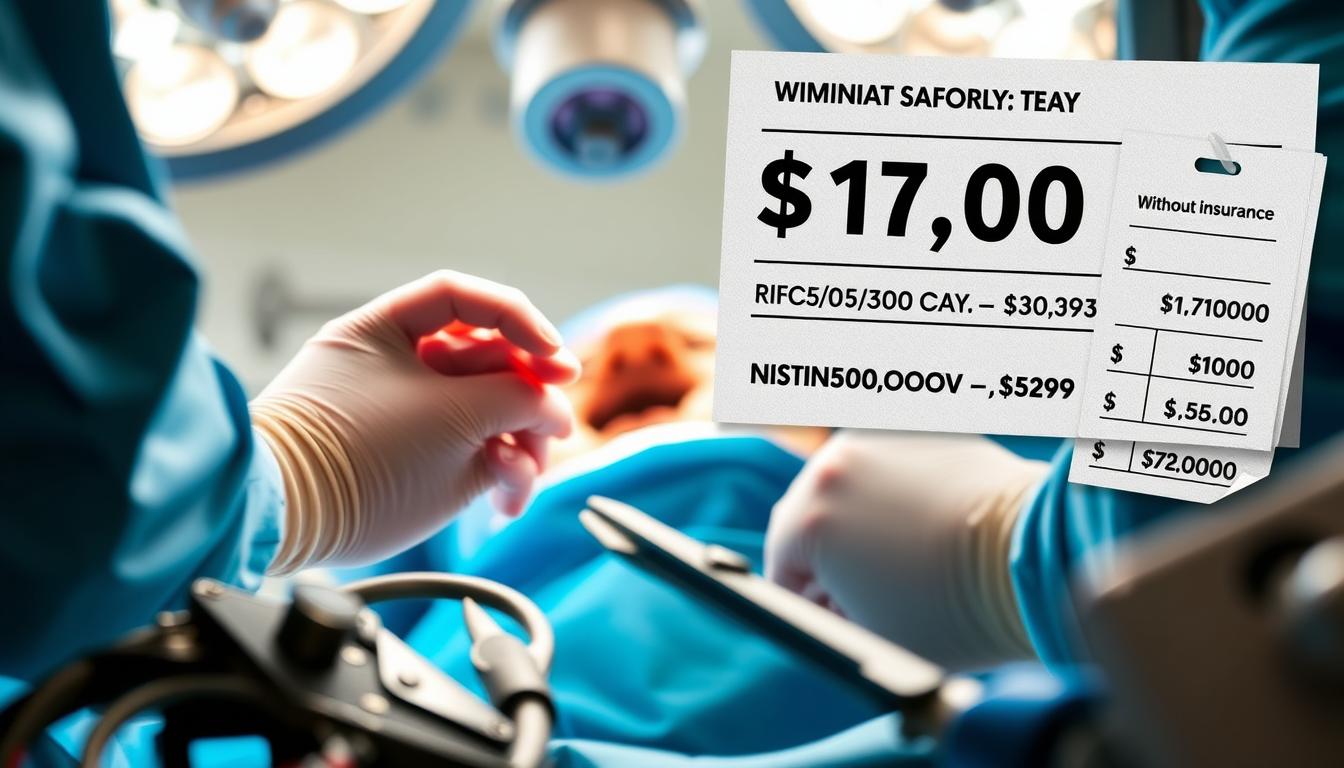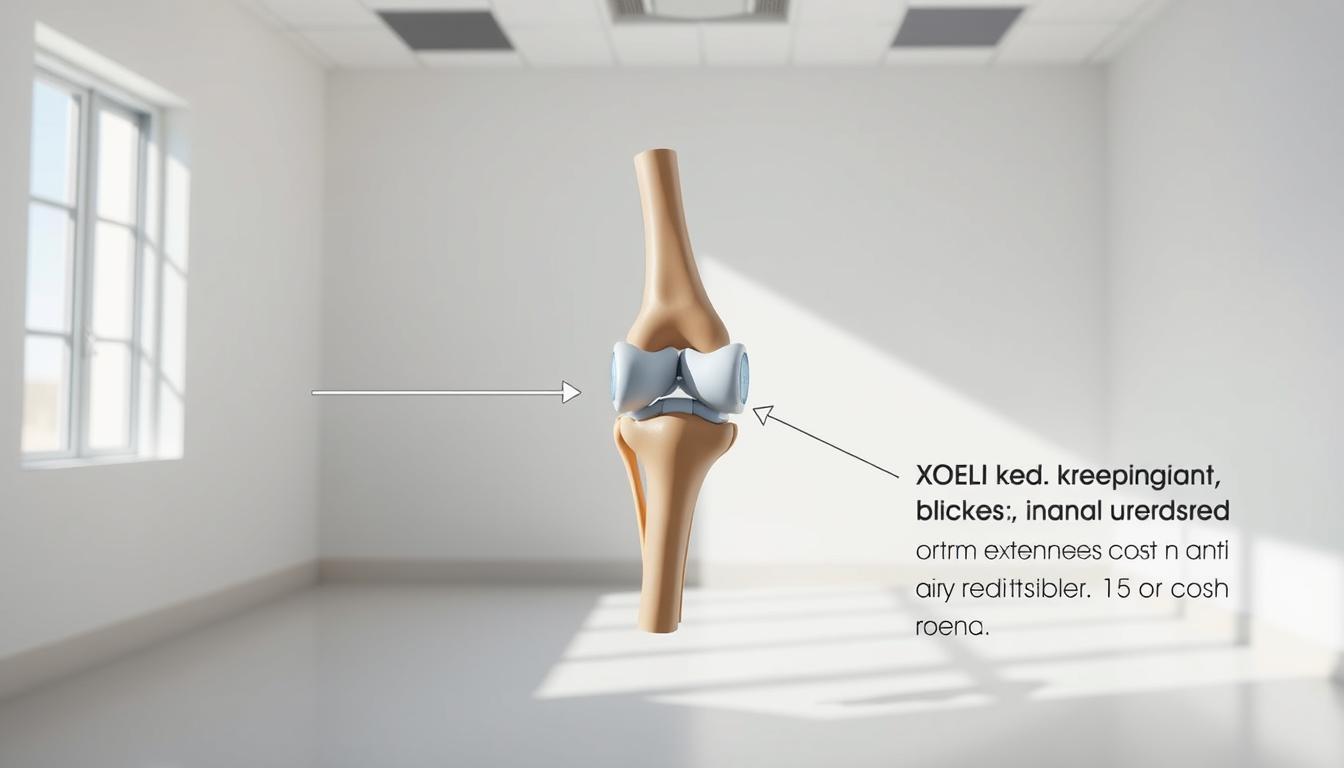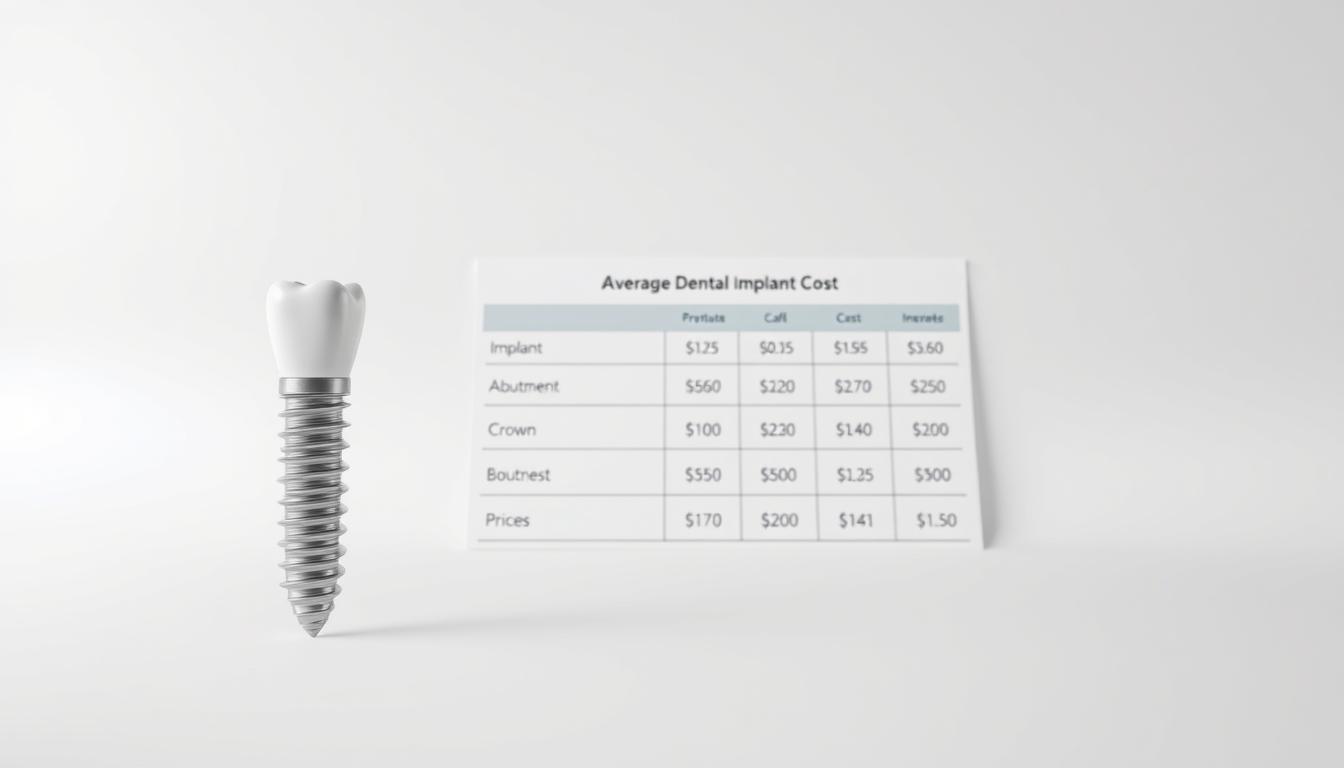Dealing with a hernia can be stressful, and the financial burden of surgery without insurance can be overwhelming.
Understanding the cost involved is crucial for individuals facing this medical challenge.

The financial implications of undergoing hernia surgery can vary significantly based on several factors, including the type of hernia, the complexity of the procedure, and the location where the surgery is performed.
It’s essential to be aware of these factors to navigate the process effectively and make informed decisions about your care.
Key Takeaways
- Understand the factors influencing hernia surgery costs.
- Learn how to navigate the financial aspects of surgery without insurance.
- Get tips on reducing the cost of hernia surgery.
- Discover the importance of planning for surgery expenses.
- Explore options for managing medical bills.
What Affects Hernia Surgery Cost Without Insurance
For those without insurance, the expense of hernia surgery is not straightforward and is affected by multiple elements. The cost can vary significantly based on several factors, including the type of hernia and the surgical method used.
Understanding these factors is crucial for individuals seeking affordable hernia surgery options. The final bill for hernia repair can be influenced by various costs associated with the surgery and the facility where it is performed.
Average Cost Ranges Across the US
The uninsured hernia surgery cost varies across different regions in the US. On average, the cost can range from $4,000 to $18,000 or more, depending on the complexity of the procedure and the facility.
| Region | Average Cost | Range |
|---|---|---|
| Northeast | $8,000 | $5,000 – $12,000 |
| South | $7,000 | $4,000 – $10,000 |
| West | $9,000 | $6,000 – $18,000 |
Factors That Influence Your Final Bill
Several factors can influence the hernia repair cost no insurance, including the surgeon’s fees, anesthesia costs, and hospital stay charges. The type of hernia and the surgical technique used also play a significant role in determining the final cost.
Real Numbers: What You Can Expect to Pay
The cost of hernia surgery can vary significantly based on several factors, including the type of hernia. Understanding these costs is crucial for individuals without insurance coverage, as it helps in planning and preparing financially for the surgery.
Inguinal Hernia Repair Costs
Inguinal hernia repair is one of the most common types of hernia surgeries. The cost for this procedure can range from $4,000 to $11,000 or more, depending on the complexity of the surgery and the facility. On average, individuals can expect to pay around $7,000 for an inguinal hernia repair without insurance.
Umbilical Hernia Surgery Pricing
Umbilical hernia surgery costs can vary, typically ranging from $3,000 to $8,000. The final cost depends on factors such as the size of the hernia and whether the surgery is performed laparoscopically or through an open procedure. Minimally invasive procedures might be more expensive upfront but can reduce recovery time.
Hiatal Hernia Procedure Expenses
Hiatal hernia repair surgery is often more complex and can be more costly, with prices ranging from $6,000 to $15,000 or more. The cost variability is due to factors like the surgical approach and the need for additional procedures. Some individuals may find low cost hernia surgery options by comparing facilities and considering outpatient care.
When considering hernia surgery self-pay options, it’s essential to factor in all associated costs, including pre-surgical consultations, anesthesia, and post-operative care. Exploring cheap hernia surgery options requires careful research and comparison of different healthcare providers.
Hidden Expenses Beyond the Surgery
Hernia surgery involves more than just the operation; there are several hidden expenses to consider. While the surgical fee is a significant portion of the overall cost, other essential services and care contribute to the total bill.
Pre-Surgical Consultation and Testing Fees
Before undergoing hernia surgery, patients typically need to consult with their doctor and undergo various tests. These pre-surgical consultations and diagnostic tests can include blood work, imaging studies, and physical examinations, all of which incur additional costs.
Anesthesia and Operating Room Charges
The cost of anesthesia and the use of the operating room are significant components of the overall expense. Anesthesia fees can vary depending on the type of anesthesia used and the anesthesiologist’s charges, while operating room costs depend on the facility’s rates and the complexity of the procedure.
Post-Surgery Care and Follow-up Costs
After the surgery, patients require follow-up care to ensure proper healing and to address any complications. This care includes follow-up appointments with the surgeon, potential additional treatments, and sometimes rehabilitation or physical therapy, all adding to the total cost.
| Expense Category | Average Cost | Factors Influencing Cost |
|---|---|---|
| Pre-Surgical Consultation and Testing | $200-$500 | Type and number of tests, doctor’s fees |
| Anesthesia and Operating Room | $1,000-$3,000 | Type of anesthesia, facility fees |
| Post-Surgery Care and Follow-up | $100-$300 | Number of follow-up visits, additional treatments |
8 Ways to Make Hernia Surgery More Affordable
When facing hernia surgery without insurance, the cost can be daunting, but there are several strategies to make it more affordable. Exploring these options can help reduce the financial burden and make the necessary care more accessible.
Negotiating Self-Pay Discounts
Many healthcare providers offer discounts to patients paying out-of-pocket. It’s essential to inquire about potential discounts when discussing your surgery costs. Negotiating a self-pay discount can significantly lower your expenses.
Payment Plans and Medical Financing
Some hospitals and surgical centers offer payment plans or medical financing options. These can help spread the cost over time, making it more manageable. Be sure to review the terms carefully to understand any interest rates or fees.
Comparing Facilities and Outpatient Options
Outpatient surgery centers often charge less than hospitals for the same procedures. Comparing prices among different facilities can help you find the most affordable option for your hernia surgery.
Medical Tourism Considerations
In some cases, traveling abroad for surgery can be a cost-effective option. However, it’s crucial to thoroughly research the qualifications of the medical facility and the potential risks involved.
Hospital Charity Care Programs
Many hospitals have charity care programs that can significantly reduce or even eliminate the cost of surgery for eligible patients. You’ll need to apply and provide financial information to qualify.
Free or Low-Cost Surgery Programs
Some non-profit organizations and clinical trials offer free or low-cost hernia surgery. These opportunities are often limited and have specific eligibility criteria.
Temporary Insurance Options
Short-term insurance plans can provide temporary coverage until you can secure more comprehensive insurance. These plans may not cover all expenses but can help offset some costs.
Tax Deductions for Medical Expenses
Medical expenses, including hernia surgery, can be tax-deductible. Keeping detailed records of your expenses can help you claim these deductions and reduce your taxable income.
By exploring these eight strategies, individuals without insurance can make hernia surgery more affordable. It’s about being proactive and seeking out the available options.
Questions to Ask Before Scheduling Your Surgery
As you prepare for hernia surgery, knowing the costs involved can help you make informed decisions. It’s essential to be prepared and understand the financial aspects of your procedure.
To ensure you’re well-prepared, consider asking your healthcare provider about the costs associated with your hernia repair. This includes understanding the breakdown of costs and what factors might influence your final bill.
Cost Breakdown Checklist
Having a detailed cost breakdown can help you plan financially. Ask your provider to include costs such as:
- Surgeon’s fees
- Anesthesia charges
- Operating room costs
- Pre-surgical testing fees
- Post-surgery care expenses
Understanding Billing Codes and Estimates
It’s also crucial to understand the billing codes and estimates provided by your healthcare provider. Ask about the CPT codes used for your procedure and how they affect your billing. Ensure you receive a detailed estimate that includes all potential costs, so you’re not surprised by additional charges later.
By asking the right questions, you can better understand the cost of hernia surgery without insurance and plan accordingly.
Conclusion
Understanding the costs associated with hernia surgery without insurance is crucial for making informed decisions about your healthcare. As discussed, various factors influence the final cost, including the type of hernia, surgical method, and facility fees.
By exploring options such as negotiating self-pay discounts, payment plans, and medical financing, you can make hernia surgery more affordable. Comparing facilities and considering outpatient options can also lead to significant savings.
It’s essential to ask the right questions before scheduling your surgery, including requesting a detailed cost breakdown and understanding billing codes. By being proactive, you can better manage the financial aspects of your care.
Affordable hernia surgery is within reach. By understanding the costs and exploring available options, you can access the necessary care without undue financial strain. Take control of your healthcare journey by seeking out affordable solutions and discussing your financial concerns with your healthcare provider.
FAQ
What is the average cost of hernia surgery without insurance?
The average cost can range from $4,000 to $12,000 or more, depending on the type of hernia, location, and surgical method.
How much does inguinal hernia repair cost without insurance?
Inguinal hernia repair can cost between $4,000 and $7,000 on average, with laparoscopic procedures sometimes being more expensive than open repairs.
Are there any affordable hernia surgery options for uninsured individuals?
Yes, options include negotiating self-pay discounts, payment plans, medical financing, and considering outpatient surgery centers or medical tourism.
What are the costs associated with pre-surgical consultations and testing?
Pre-surgical consultation and testing fees can range from $100 to $500 or more, depending on the complexity of the tests required.
Can I negotiate the cost of hernia surgery with my healthcare provider?
Yes, many healthcare providers offer self-pay discounts or payment plans for individuals without insurance, so it’s worth asking about these options.
How can I find low-cost hernia surgery options?
Researching and comparing prices among different facilities, considering outpatient surgery centers, and looking into hospital charity care programs or free/low-cost surgery programs can help.
What are the additional costs I should consider beyond the surgery itself?
Additional costs include anesthesia fees, operating room charges, post-surgery care, and follow-up appointments, which can add up to several thousand dollars.
Are there any tax deductions available for medical expenses like hernia surgery?
Yes, medical expenses, including hernia surgery, can be tax-deductible if they exceed a certain percentage of your adjusted gross income, so consult a tax professional.





One thought on “Hernia Surgery Cost Without Insurance: Real Numbers & Tips”